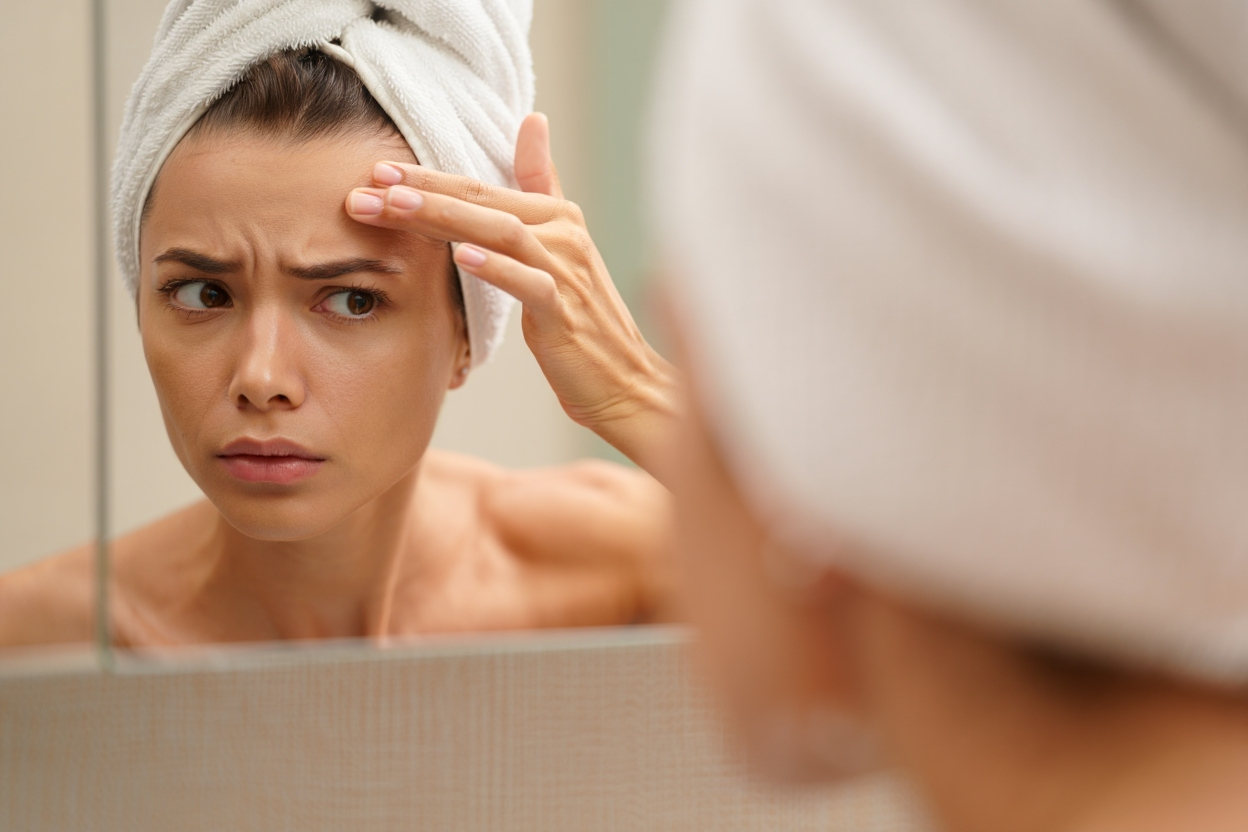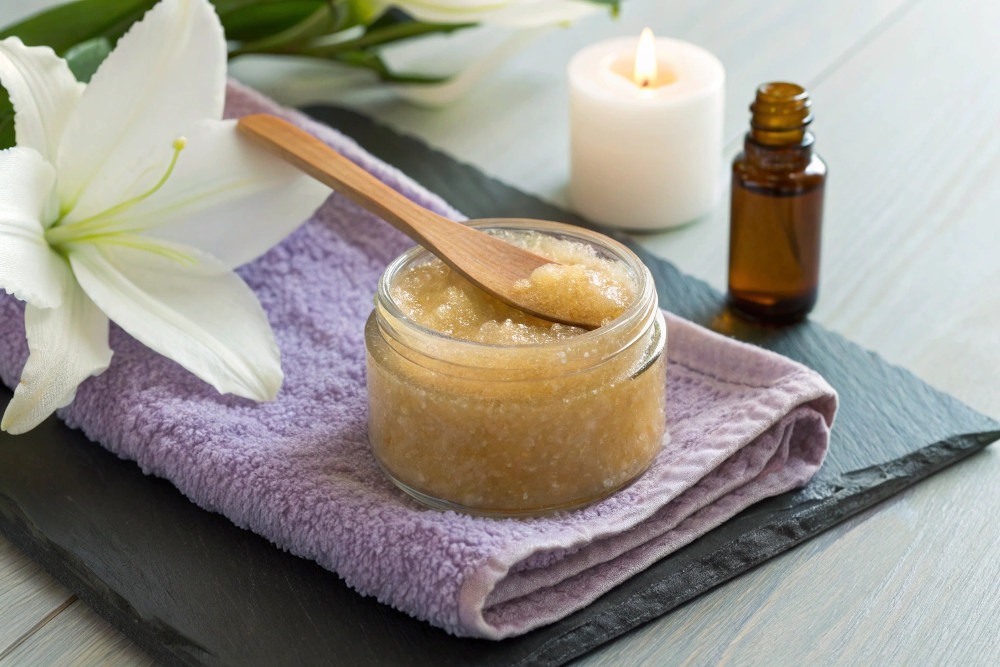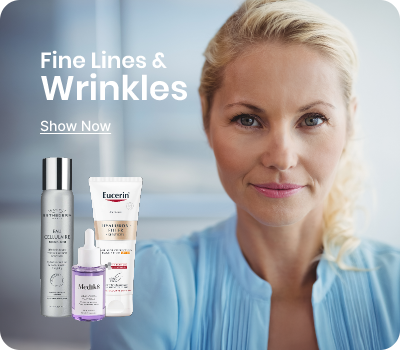
Even the most thoughtful skincare routines can be thrown off course by common mistakes that quietly undermine your skin’s health. From using overly harsh products to neglecting internal wellness, these missteps can leave your complexion looking tired, irritated, or prematurely aged. But here’s the good news: many of these issues are not only preventable—they’re fixable. In this guide, we’ll uncover five of the most frequent skincare blunders and introduce the science-backed supplements that can help restore balance, resilience, and that radiant glow—from the inside out.
The Link Between Daily Skincare Habits and Lasting Skin Health
Developing a consistent daily skincare routine is one of the most effective ways to maintain long-term skin health. When done consistently, these small daily acts accumulate over time, leading to healthier, more resilient skin. Long-term commitment to skincare doesn’t require a 10-step routine; it simply demands regular care using products that suit your skin type and lifestyle. With time, these habits can significantly reduce signs of ageing and improve the skin’s overall tone and texture.
Why Supplements Are the Secret Weapon in Your Skincare Routine
While topical skincare is crucial, what you feed your body is just as important—if not more—when it comes to achieving radiant, youthful-looking skin. Supplements have become a powerful addition to modern skincare routines because they work from the inside out, targeting skin health at a cellular level. By incorporating high-quality supplements into your daily routine, you help ensure your skin is getting the nourishment it needs to stay healthy, balanced, and strong.
In addition to improving visible concerns like dullness or dryness, supplements can also help with deeper issues like hormonal imbalances or inflammation, both of which can trigger acne and other skin problems. When paired with a topical skincare routine, supplements can dramatically enhance the results you see in the mirror. With consistency and the right choices, supplements become your secret weapon, working behind the scenes to support glowing, healthy skin from the inside out.
Mistake 1 - Using Harsh Cleansers That Strip Natural Oils
Many people believe that a squeaky-clean feeling after washing the face means the skin is truly clean. However, that tightness can actually be a sign that your cleanser is too harsh. Cleansers with strong detergents or high alcohol content can strip away not only dirt and excess oil but also the essential natural oils your skin needs to stay balanced and protected. This disruption often leads to dryness, irritation, and increased sensitivity, making the skin more prone to redness and flakiness.
How Over-Cleansing Disrupts the Skin’s Protective Barrier
The skin’s natural barrier, known as the acid mantle, is a thin layer composed of sebum and sweat that helps protect against bacteria, pollutants, and moisture loss. Over-cleansing—especially with products containing sulfates or harsh exfoliants—can weaken this barrier. As a result, the skin becomes more vulnerable to environmental damage and may start overproducing oil in an attempt to compensate, potentially leading to breakouts. This imbalance can also worsen skin conditions like eczema, rosacea, and dermatitis. Rather than promoting a clear complexion, over-cleansing can trigger a cycle of inflammation and irritation.
Gentle Alternatives: What to Look for in a Balanced Cleanser
Choosing a gentle, pH-balanced cleanser is crucial for maintaining healthy skin. Look for products labelled “fragrance-free,” “sulfate-free,” or “non-comedogenic.” Ingredients like glycerin, hyaluronic acid, and ceramides help retain moisture while still effectively removing dirt and makeup. Cream or gel-based cleansers can be ideal, depending on your skin type. Using lukewarm—not hot—water and cleansing no more than twice daily also helps preserve your skin’s natural defences.
The Skin-Soothing Power of Omega-3 Supplements
To support your skin from within, consider incorporating omega-3 fatty acids into your diet or supplement routine. Omega-3s, commonly found in fish oil or plant-based sources like flaxseed and chia seeds, have anti-inflammatory properties that can calm irritated skin and improve hydration. They help reinforce the skin’s lipid barrier, reducing redness and sensitivity caused by harsh cleansing. By combining a gentle external routine with nourishing internal support, you can restore balance and promote a healthier, more resilient complexion.
Mistake 2 - Skipping Sunscreen and Underestimating UV Damage
Many people skip sunscreen unless it's visibly sunny outside, believing it's only necessary on beach days or during summer. However, UV rays are present year-round and can penetrate clouds, glass, and even reach your skin while you're indoors near windows. Daily, unprotected exposure—no matter how minimal it seems—adds up over time and silently accelerates skin ageing. Failing to wear SPF consistently is one of the most common yet damaging skincare mistakes.
Why UV Exposure is the #1 Cause of Premature Ageing
Ultraviolet (UV) radiation, especially UVA rays, penetrates deep into the skin, breaking down collagen and elastin—the proteins responsible for maintaining firmness and elasticity. This process leads to wrinkles, sagging, and uneven texture. UV exposure is also a major cause of hyperpigmentation, including dark spots and sunspots, which contribute to a dull, aged appearance. More than 80% of visible skin ageing is attributed to sun damage, making SPF your most powerful anti-ageing tool. Without it, even the best skincare products can’t keep up with the accelerated damage caused by the sun.
Antioxidants to the Rescue: How Vitamin C and Astaxanthin Protect from Within
While sunscreen protects the skin externally, antioxidants like vitamin C and astaxanthin work internally to defend against UV-induced oxidative stress. Vitamin C boosts collagen production and brightens the skin, while neutralising free radicals created by sun exposure. Astaxanthin, a powerful antioxidant derived from microalgae, has been shown to reduce UV-related inflammation and support skin hydration and elasticity. Together, these supplements help fortify your skin’s defence system, offering an added layer of protection and promoting a more radiant, youthful appearance from within.
Mistake 3 - Neglecting Hydration—Inside and Out
Hydration is often overlooked in skincare, but it plays a vital role in maintaining a radiant, healthy complexion. When your skin is dehydrated, it loses its plumpness, elasticity, and natural glow. The result? A dull, tired appearance and a texture that feels tight, rough, or flaky. Even oily skin types can suffer from dehydration, often confusing oiliness with adequate moisture. In reality, dehydrated skin may overproduce oil in an attempt to compensate for the lack of water, leading to breakouts and imbalance.
How Dehydration Makes Skin Dull, Tight, and More Prone to Wrinkles
Water is essential for maintaining skin cell structure and function. Without enough hydration, skin becomes more susceptible to environmental stressors and premature ageing. Fine lines become more noticeable, and the overall texture of the skin appears less smooth. Chronic dehydration can even slow down the skin’s natural repair process. Signs your skin may be dehydrated:
- It feels tight, especially after cleansing.
- Makeup looks patchy or doesn’t apply smoothly.
- You notice more fine lines, especially around the eyes and mouth.
- Skin appears dull or tired despite using good skincare products.
Topical Hydrators vs. Internal Hydration: What Your Skin Really Needs
Hydration needs to be addressed both topically and internally for optimal results. Internal hydration involves drinking enough water throughout the day, eating water-rich foods (like cucumber, watermelon, and leafy greens) and avoiding excessive caffeine or alcohol, which can dehydrate. However, internal hydration alone isn’t always enough if your skin barrier isn’t able to retain moisture. That’s where topical hydrators come in. Products with ingredients like hyaluronic acid, glycerin, and aloe vera help attract and lock in moisture on the skin’s surface.
Hyaluronic Acid and Collagen Peptides: The Dynamic Duo for Deep Hydration
Hyaluronic acid, a naturally occurring substance in the skin, holds up to 1,000 times its weight in water, making it a powerful topical hydrator. Collagen peptides, taken as a supplement, support skin elasticity and moisture retention from within. Together, they deeply hydrate the skin, reduce dryness, and smooth out fine lines—helping you achieve that dewy, youthful glow both inside and out.
Mistake 4 - Over-Exfoliating and Damaging the Skin Barrier

Exfoliation is essential for removing dead skin cells, promoting cell turnover, and keeping the complexion smooth and clear. But like many good things, it’s possible to have too much. Over-exfoliating—especially with strong acids, scrubs, or frequent treatments—can strip away not just dead skin, but also healthy cells and protective oils. This weakens the skin barrier, leading to irritation, redness, increased sensitivity, and even breakouts. Instead of achieving that sought-after glow, skin can become inflamed, flaky, and more vulnerable to external aggressors like pollution or UV rays.
When “Too Much” is Actually Harmful: The Risks of Aggressive Exfoliation
The skin barrier is your body’s first line of defence—it locks in moisture and keeps harmful irritants out. Aggressive exfoliation disrupts this protective layer, triggering a cycle of dryness, inflammation, and even micro-tears in the skin. Common signs of over-exfoliation include:
- Persistent redness and sensitivity.
- A burning or stinging sensation after applying products.
- Flaky patches or dry, tight skin.
- Sudden breakouts or worsened acne.
Pushing your skin too hard can delay healing and may worsen conditions like rosacea or eczema. For many, less really is more when it comes to exfoliation.
How to Restore Balance with Gentle Resurfacing Practices
Gentle exfoliation methods, used in moderation, support healthy skin renewal without causing damage. Opt for chemical exfoliants like lactic acid or mandelic acid, which are milder than glycolic or salicylic acid. Limit exfoliation to 1–3 times per week, depending on your skin type, and always follow up with a soothing moisturiser to replenish hydration. Listen to your skin—if it feels irritated, give it time to recover.
Rebuilding from Within: The Role of Zinc and Vitamin E in Skin Repair
Nutrients play a key role in healing a compromised skin barrier. Zinc supports tissue regeneration and helps control inflammation, while vitamin E is a powerful antioxidant that protects cells from oxidative stress and promotes repair. Together, they nourish the skin from within, aiding in barrier restoration and reducing signs of irritation. Adding these to your diet or skincare routine can help bring resilience and balance back to over-exfoliated skin.
Mistake 5 - Ignoring Gut Health’s Role in Skin Clarity
When tackling skin concerns, many people focus solely on external solutions—cleansers, serums, and spot treatments—while overlooking one of the most influential internal factors: gut health. The gut and skin are deeply interconnected through what is known as the gut-skin axis. An imbalance in the gut microbiome can trigger inflammation throughout the body, and because the skin is the body’s largest organ, it often reflects this internal distress. Poor digestion, nutrient absorption issues, and a compromised intestinal barrier can all play a role in persistent skin problems.
The Skin-Gut Connection: How Digestive Health Reflects on Your Face
A healthy gut contains a diverse balance of good bacteria that support digestion, immune function, and hormonal regulation. When that balance is disturbed—through factors like a poor diet, stress, antibiotics, or lack of fibre—it can lead to systemic inflammation, which may manifest on your face as acne, rosacea, eczema, or even premature ageing. Just as your digestive system is affected by what you eat, your skin is impacted by how well your body is processing and eliminating toxins and absorbing nutrients. An unhealthy gut may leak toxins into the bloodstream, which can provoke immune responses and result in visible skin irritation or breakouts.
Signs Your Gut May Be Impacting Your Skin (Acne, Redness, Inflammation)
If you experience recurring acne, persistent redness, or skin that flares up seemingly without cause, your gut could be sending a signal. These symptoms are not just superficial—they may be rooted in internal inflammation or bacterial imbalances. In many cases, topical treatments can only provide temporary relief if the underlying digestive issues aren’t addressed.
Probiotics and Prebiotics: Nourishing Clear Skin from the Inside Out
Supporting gut health with probiotics and prebiotics can be a game-changer for skin clarity. Probiotics introduce beneficial bacteria into the digestive system, helping to rebalance the gut microbiome, reduce inflammation, and improve nutrient absorption. Prebiotics, found in fibre-rich foods, feed those good bacteria and help them thrive. Together, they create a more balanced internal environment, which in turn can lead to visibly clearer, calmer, and healthier skin from the inside out.
Conclusion - Healing Skin from the Inside Out with Supplements
Skincare isn’t just about what you put on your face—it’s also about the habits and internal support systems that shape your skin’s health over time. As we’ve explored, common missteps like over-cleansing, skipping sunscreen, or ignoring hydration and gut health can quietly undermine your glow. Fortunately, these mistakes are both recognisable and reversible. By nourishing your skin both inside and out, you’re not just correcting today’s issues—you’re investing in your skin’s long-term health and vitality. True glow starts beneath the surface, and with the right tools and knowledge, it’s absolutely within reach.





